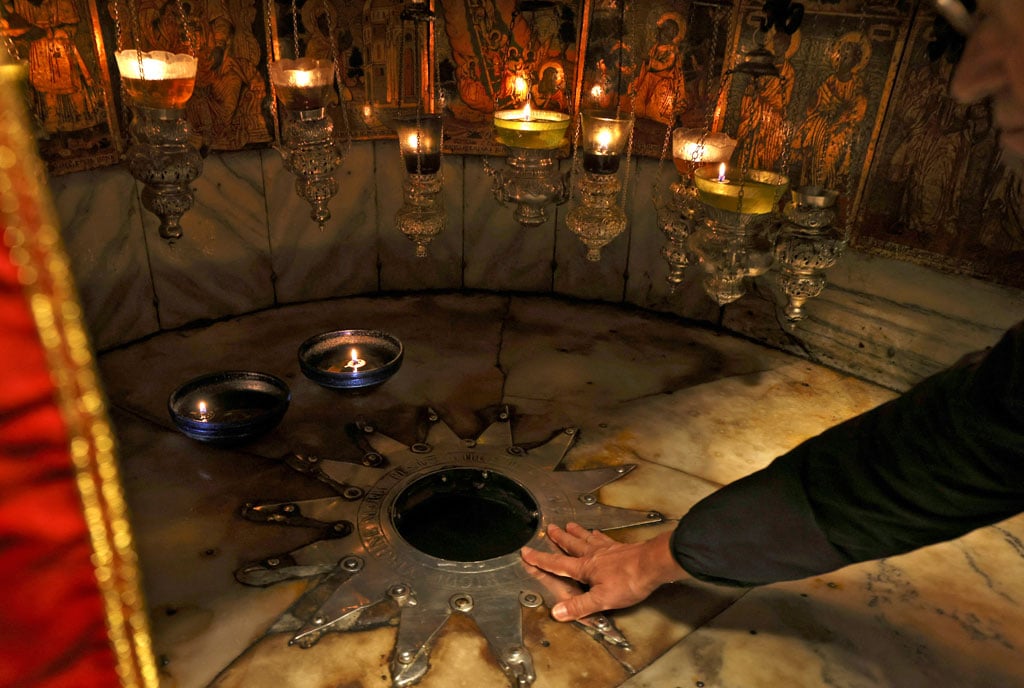What God has blessed remains blessed forever

The faithful say their prayers. PHOTO/FILE
What you need to know:
- Reflect. God never abandons His children no matter how much or how gravely they sin against His love.
- He likewise, expects Christians to respect their identity. He also commands everyone else to respect His people.
- No one may put asunder those God has blessed and joined together, writes Msgr John Wynand Katende.
“Listen, I received a command to bless; God has blessed, and I cannot reverse it!” (Numbers 23:20).
On Ash Wednesday Christians of all walks of life thronged to churches to mark the beginning of the Lenten Season. Lent is a six-week period of fasting or self-sacrifice, prayer and almsgiving, observed by Christians each year to prepare for the celebration of Easter. Sunday is discounted, because it is a mini-Easter.
Palms are used on Palm Sunday in many Christian churches to symbolise Jesus’ triumphant entry into Jerusalem on the Sunday before His crucifixion. Residents of Jerusalem are said to have waved palm leaves to celebrate His arrival. Christians believe that after His sacrificial death on the cross and burial, Christ rose from the dead, after three days in the tomb. He is now seated at the right hand of God, his Father.
Traditionally, ashes used on Ash Wednesday are gathered up after palms from the previous year’s Palm Sunday are burned. They are then blessed before being used in the ceremony. A priest places the ashes on a worshiper’s forehead in the shape of a cross, saying, “Remember that you are dust, and to dust you shall return.” or “Repent and believe in the Gospel.”
The ashes
During Lent, Christians show repentance and mourning for their sins, because they believe Christ died for them. It is not required that a worshiper wears the ashes for the rest of the day, although many Christians choose to do so.
The transformation of Palm Sunday palms to Ash Wednesday ashes provides some lessons. Preserving the blessed palms in their houses, rather than throwing them away, after use, applies to all people and things, God has blessed. He has set them apart from ordinary use, hence deserving due respect. The unused ashes may be buried.
Baptised persons enjoy the blessing of being adopted children of God. He never abandons them, no matter how much or how gravely they sin against His love. God, likewise, expects Christians to respect their identity. He asks also everyone else to respect the people of God. No one may put asunder those God has blessed and joined together (Mark 10:9). God consecrates some people to the religious and priestly callings. Ultimately, human beings enjoy human dignity, owing to their having been created in the image and likeness of God.
The transformation
During Mass, the species of bread and wine are consecrated by the priest, into the Body and Blood of Christ. They ought to be adored. The unconsumed Eucharist, during communion, is reverently kept safe in the tabernacle, just like the Jews used to keep the remembrance “Manna bread”, in the Ark of the Covenant (Hebrews 9:4).
The transformation process that palms undergo to become ashes, is metaphoric of the transformation that a Christian experience through this earthly life into eternal life. Such transformation will, however, only be possible by Christians, cooperating with the grace of God, and obeying His Will.
As the palms will endure the burning into ashes, the Christian will also suffer the dying to oneself. It is a painful but rewarding process of letting go and letting God. “Whoever finds their life will lose it, and whoever loses their life for my sake will find it.” says Jesus, in Matthew 10:39).
Be exemplary
As Christians do not shy away from wearing the ashes on their foreheads, in public, God asks them to bring their faith into the public square, and not keep it private to themselves. Christ has ordained them to be the salt of the earth and the light of the world. That is how the people of Antioch nicknamed the early disciples of Christ, by calling them “Christians” (Acts 11:26). It challenged the Christians to honour this identity.
Quick notes
During Mass, the species of bread and wine are consecrated by the priest, into the Body and Blood of Christ. They ought to be adored. The unconsumed Eucharist,
during communion, is reverently kept safe in the tabernacle, just like the Jews used to keep the remembrance “Manna bread”, in the Ark of the Covenant (Hebrews 9:4).
The transformation process that palms undergo to become ashes, is metaphoric of the transformation that a Christian experiences through this
earthly life into eternal life. Such transformation will, however, only be possible by Christians, cooperating with the grace of God, and obeying His Will.
As the palms will endure the burning into ashes, the Christian will also suffer the dying to oneself. It is a painful, but rewarding process of letting go and letting God.
“Whoever finds their life will lose it, and whoever loses their life for my sake will find it.” says Jesus, in Matthew 10:39).





